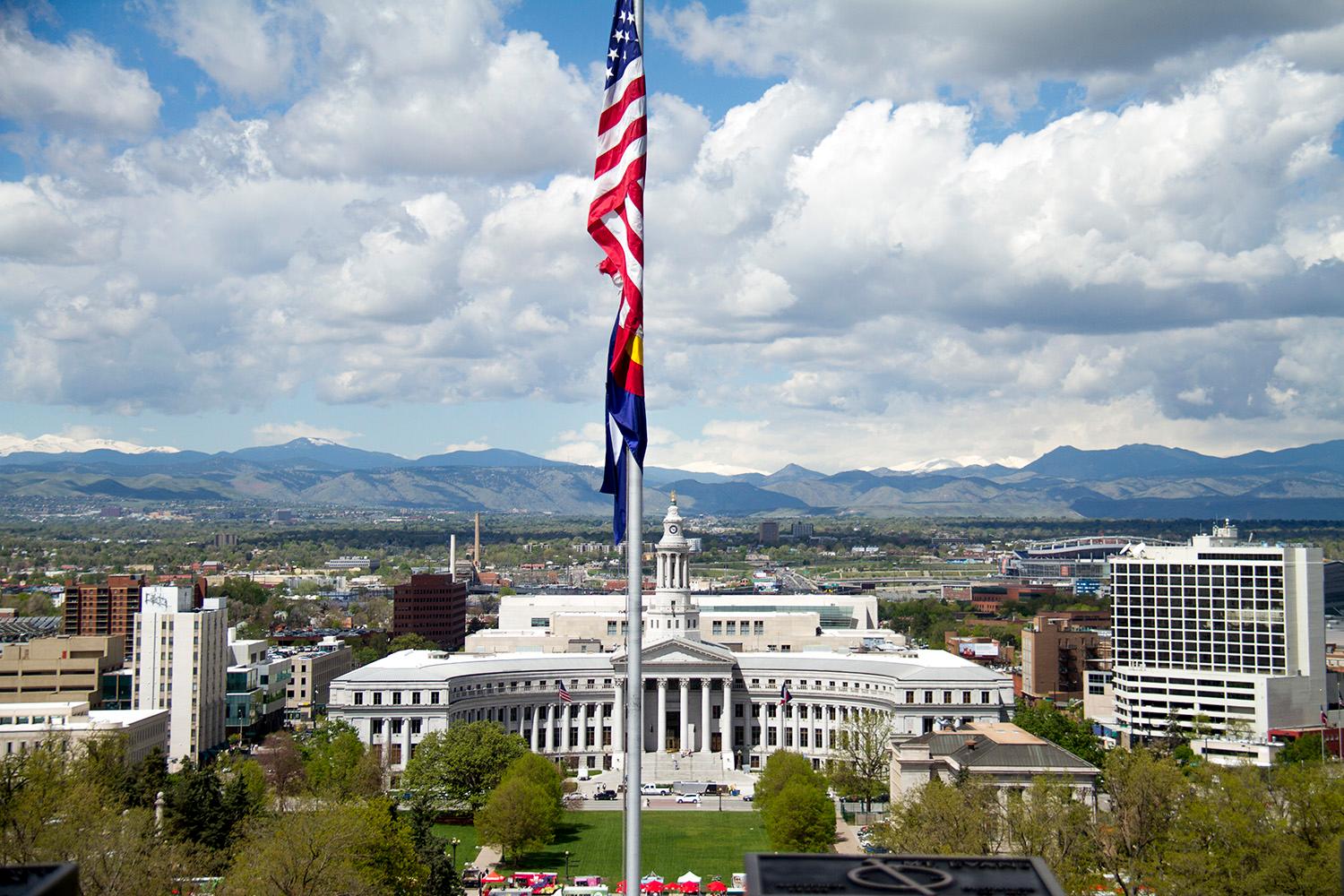
The group that successfully asked Denver during the November election to OK using marijuana in yoga studios, restaurants and other businesses said Thursday it's unhappy with how Initiative 300 is on pace to roll out.
Backers of I-300 sent a letter to Denver's Department of Excise and Licenses on Thursday calling some of the agency's draft rules for I-300's implementation "unnecessary and overly burdensome" for businesses. The department plans to finalize the rules in coming weeks so businesses could start allowing social cannabis consumption as early as this summer.
A public hearing on the rules is scheduled for 5:30 p.m. June 13 at the Webb Municipal Office Building. Those who cannot or do not want to attend can also comment on the rules online.
Thirteen issues were raised by those from the campaign for I-300 in their letter to the city. They boil down to allowing businesses that sell alcohol to also allow cannabis use on the premises as long as patrons aren't consuming them at the same time in the same area, taking another look at where social consumption areas can be located and not making the areas overly difficult for adults to get into.
"We’re still fighting to overcome stigma that is rooted in a history of prohibition, and now it appears the city is trying to keep consumers hidden and as far away from the mainstream as possible," said Emmett Reistroffer, campaign director for I-300.
"We ended prohibition in Colorado with a goal to overcome that stigma and regulate cannabis like alcohol, which includes providing responsible adults with legitimate locations to consume," Reistroffer said in a statement.
Reistroffer was on the committee that helped suggest the rules for Initiative 300’s roll-out. He told Denverite that several businesses owners have raised concerns about the city's draft rules being too restrictive. That includes City, O' City and WaterCourse Foods owner Dan Landes, Reistroffer said.
Landes was also on the Social Consumption Advisory Committee that helped draft the rules.
Reistroffer said that if Excise and Licenses does not make the requested changes, he and the group will work with business owners and possibly ask City Council for revisions. Legal action is a last resort, he said.
Here are the I-300 backers' requests, broken down:
- Allow businesses that sell alcohol to also allow cannabis use as long as they're not being consumed at the same time in the same area.
- Make the same allowances as above for events.
- Clarify the restriction on having consumption areas near “other places intended for use primarily by persons under 18 years of age.”
- Do not make government-issued IDs a requirement to enter consumption areas because consumption areas are already off-limits for people under 21. That way, if someone were obviously older than 21, they could enter the area without ID.
- Do not make people sign forms acknowledging that they are entering social consumption areas. (Acknowledgements could be posted visually instead.)
- Reduce the distance social consumption areas can be from schools, child care establishments, alcohol or drug treatment facilities or city-owned recreation centers or city-owned outdoor pools from 1,000 feet to 500 feet. (Denver already applies a 1,000-foot buffer for other marijuana businesses, and the federal government in the past has cracked down on even legal marijuana businesses within 1,000 feet of schools.)
- Allow social consumption areas to be located on the same site as a liquor license or marijuana establishment under certain circumstances where they would be in different units, suites and rooms.
- Allow social consumption permits on public property for major events like the 4/20 rally, Cannabis Cup and Red Rocks concerts and events.
- Allow social consumption areas in residential zone districts.
- Remove requirements for a ventilation plan because this rule is unnecessary for outdoor patios where open air flow is unable to be properly ventilated and because it's redundant with the requirements to provide evidence of compliance with both the Clean Indoor Air Act and an Odor Control Plan.
- Remove the prohibition on public advertising or reduce its scope and effect to allow for some forms of limited public advertising.
- Remove the proposed rule that makes permits non-transferable because this is more restrictive than for other liquor and marijuana licenses and because this rule circumvents the flexibility that eligible neighborhood organizations were intended to have when creating workable agreements with permit applicants and potential future transferees.
- Revise the proposed rule limiting possession of edibles to 80 10-milligram servings within a consumption area. The only restrictions on possession should be those in state law, backers said.
Subscribe to Denverite’s newsletter here.
Business & data reporter Adrian D. Garcia can be reached via email at [email protected] or@adriandgarcia on Twitter.













